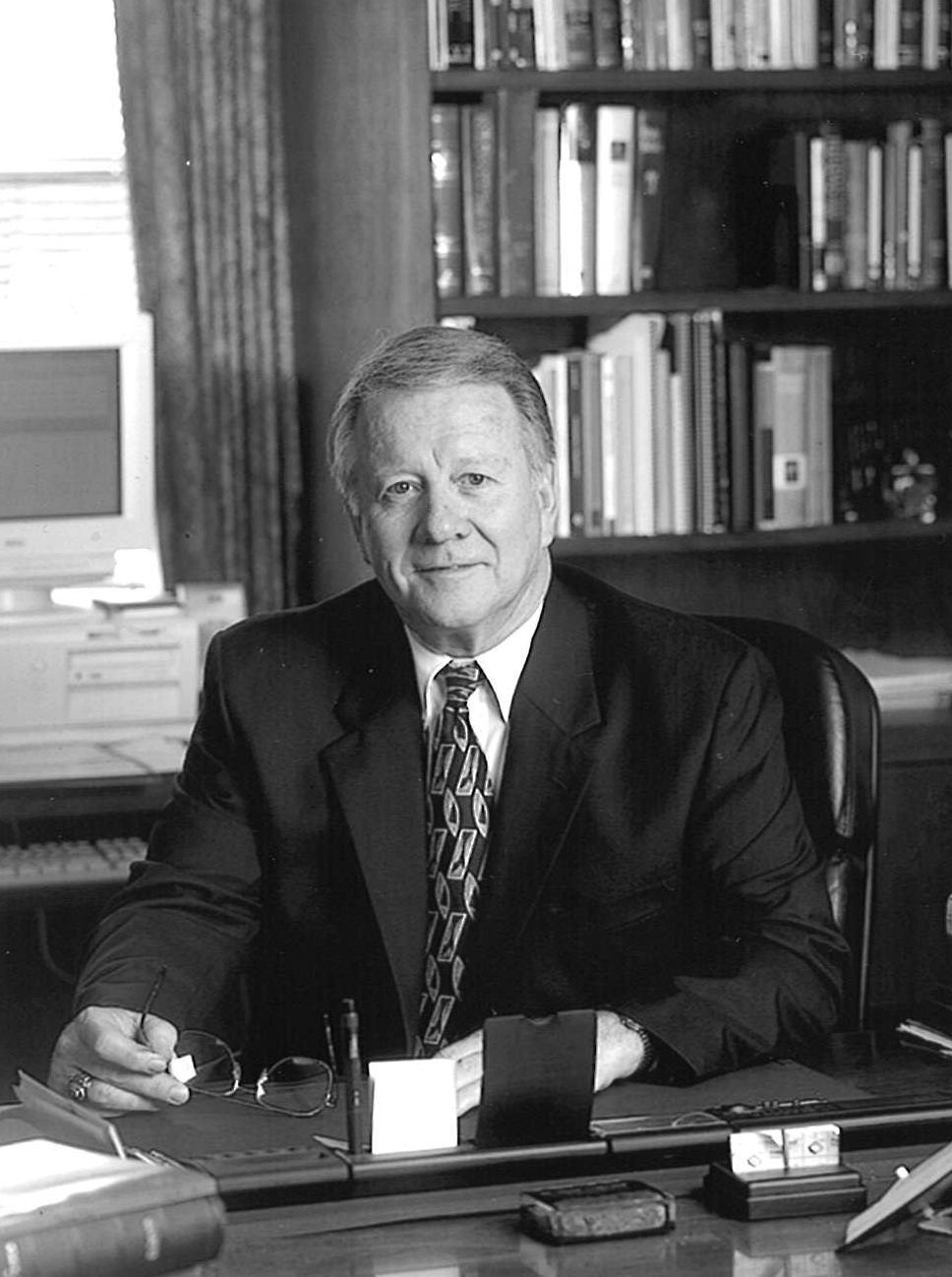The Person of Christ
By Jerry Batson, Th.D.
Special to The Alabama Baptist
Christ took self-giving to its ultimate expression when He gave Himself as the atoning sacrifice for our sins. Both in His life and in His death, Christ coupled service to others with His own self-giving. He declared: “Even the Son of Man did not come to be served, but to serve, and to give His life a ransom for many” (Mark 10:45). Galatians 1:4 puts His self-giving simply: He “gave Himself for our sins.”
Must be personal
The apostle Paul made this truth personal, referring to Christ as the Son of God, “who loved me and gave Himself for me” (Gal. 2:20). For each of us as for the apostle, the truth of Christ’s self-giving on the cross must not be simply part of our theological confession about the doctrine of Christ but must be made personal. We must personally be able to confess by faith, “He gave Himself for me.”
What is true in an individual sense also is true in the corporate sense, as expressed in Ephesians 5:25, “Christ also loved the Church and gave Himself for her.” Our presence as individual Christians and the presence of our church can be traced back to our self-giving Savior on a Roman cross.
Christ’s self-giving ultimately demonstrated at the cross was foreshadowed throughout His life by His servant attitude. Isaiah 53 anticipated One who would come as a Servant, not as an ordinary servant but as a Suffering Servant. Philippians 2:7 looks back on the Servant who came as One who “made Himself of no reputation, taking the form of a bondservant and coming in the likeness of men.”
‘He who serves’
On an occasion when His disciples were arguing about who among them should be considered the greatest, Christ declared, “He who is greatest among you, let him be as the younger, and he who governs as he who serves.” He then followed with the declaration, “I am among you as the One who serves” (Luke 22:26–27).
Later He demonstrated in action what He declared with words when at the Last Supper He laid aside His robe, took a basin of water and washed the feet of the disciples, a courtesy normally performed by a household servant. Possessing the very heart of a servant, Christ characteristically saw to the needs of others. He gave others His time and His energy, as well as His love and compassion before ultimately giving His life as the ransom for the world’s sins.
While living out to perfection the ideal of service and self-giving, Christ left us an example to be followed. He put it this way on the occasion of sending out His disciples, “A disciple is not above his teacher nor a servant above his master. It is enough for a disciple that he be like his teacher, and a servant like his master” (Matt. 10:24–25). The attitude of songwriter Charles H. Gabriel befits all of us who would be followers of Christ when he wrote, “More like the Master I would ever be.”
Marked contrast
Self-giving is a quality of living that stands in marked contrast to the all too common attitude of self-serving that manifests itself in today’s world. Christ’s entire earthly life was a rebuke to human self-centeredness. His life on earth was lived out under the principle of others-centeredness, declaring as His guiding principle, “The Son of Man did not come to be served, but to serve” (Matt. 20:28).



Share with others: